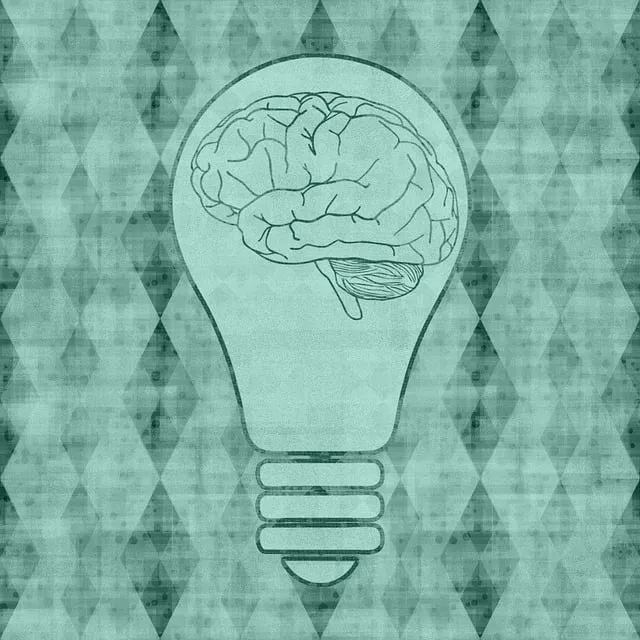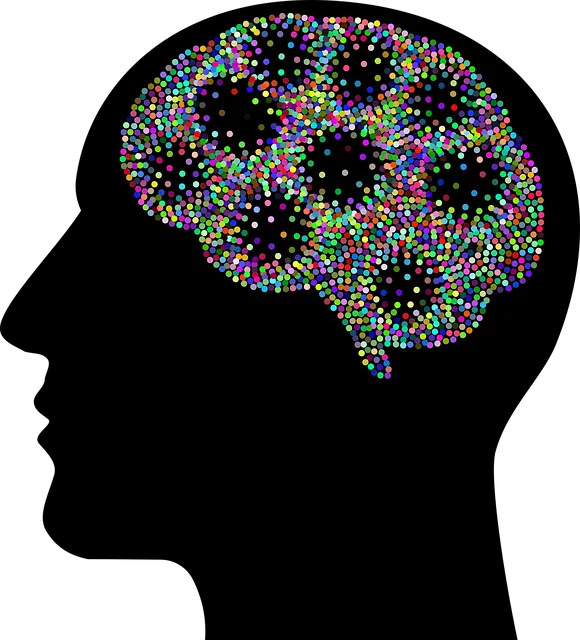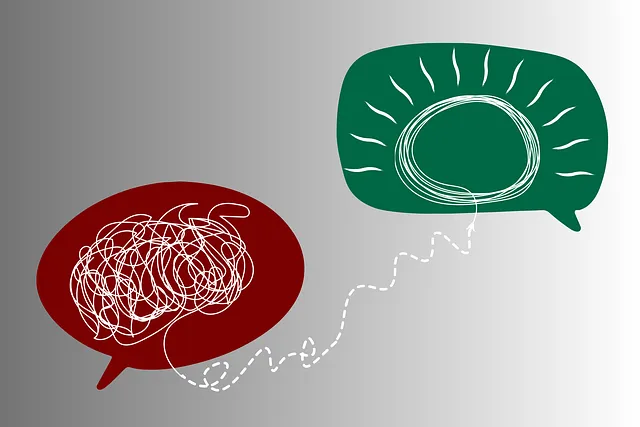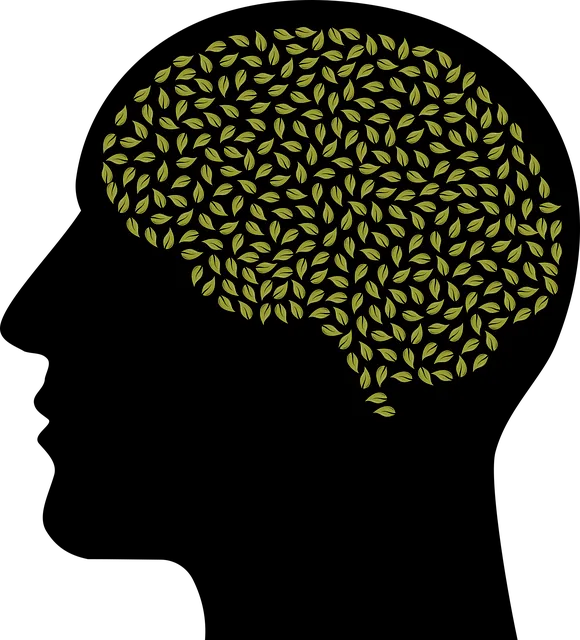Golden Kaiser Permanente behavioral health services are revolutionizing mental illness diagnosis with a comprehensive, culturally sensitive approach. They address challenges like limited access to specialized services, misdiagnoses due to inadequate provider training, and the subjective nature of mental health symptoms. Their network of professionals provides accurate diagnoses, personalized treatments, and cultural competency training. Advanced assessment tools, including data analytics and AI, enhance accuracy, especially in complex cases with cultural nuances. Through patient-centric initiatives like community outreach programs, Golden Kaiser Permanente fosters open communication, reduces stigma, and develops holistic treatment plans for better emotional healing.
Mental illness diagnosis accuracy has long been a topic of concern. This article delves into strategies enhancing identification, focusing on efforts by pioneering organizations like Golden Kaiser Permanente Behavioral Health Services. We explore current challenges, highlighting the impact of advanced assessment tools and techniques. Additionally, we discuss training enhancements for healthcare professionals and patient-centric approaches that promise significant improvements in diagnosis accuracy. By learning from Golden Kaiser’s initiatives, other institutions can advance mental health care.
- Understanding the Current Challenges in Mental Illness Diagnosis
- The Role of Golden Kaiser Permanente Behavioral Health Services
- Advanced Assessment Tools and Techniques
- Enhancing Training for Healthcare Professionals
- Patient-Centric Approaches to Improve Diagnosis Accuracy
Understanding the Current Challenges in Mental Illness Diagnosis

Mental illness diagnosis is a complex process, often fraught with challenges that impact accuracy and patient care. The current system faces several barriers, including limited access to specialized services like those offered by Golden Kaiser Permanente’s behavioral health division. Many individuals struggle to receive timely and accurate assessments due to inadequate training among healthcare providers, leading to misdiagnoses or missed opportunities for early intervention.
Moreover, the subjective nature of mental health symptoms poses a significant hurdle. Self-Care Practices and Crisis Intervention Guidance are essential components that often influence how patients present their distress. Emotional Healing Processes require a nuanced understanding of personal experiences and cultural contexts, which can be challenging to assess during initial consultations. These factors underscore the need for continuous improvement in diagnosis methods, ensuring better patient outcomes.
The Role of Golden Kaiser Permanente Behavioral Health Services

Golden Kaiser Permanente Behavioral Health Services plays a pivotal role in enhancing mental illness diagnosis accuracy and accessibility. With a robust network of specialized professionals, they offer comprehensive assessments and evidence-based treatments tailored to individual needs. Their commitment to Mental Health Awareness is evident through innovative approaches that incorporate Healthcare Provider Cultural Competency Training, ensuring culturally sensitive care for diverse populations.
Furthermore, Golden Kaiser Permanente prioritizes Self-Care Routine Development for Better Mental Health by providing resources and education to empower individuals with coping strategies. This holistic approach not only improves diagnosis accuracy but also fosters long-term well-being by promoting proactive mental health management within the community.
Advanced Assessment Tools and Techniques

Advanced Assessment tools and techniques are revolutionizing mental illness diagnosis at organizations like Golden Kaiser Permanente behavioral health services. These innovative methods go beyond traditional questionnaires and interviews, incorporating sophisticated data analytics, digital health platforms, and even artificial intelligence to uncover subtler symptoms and patterns often overlooked in conventional assessments. By integrating these cutting-edge tools, healthcare professionals can achieve greater diagnostic accuracy, especially when navigating complex cases where cultural nuances play a significant role.
For instance, the Cultural Sensitivity in Mental Healthcare Practice has become a critical aspect of improving diagnosis accuracy. Recognizing that mental health experiences vary across different cultures, Golden Kaiser Permanente and similar institutions are training their staff to be more mindful of these differences. This involves adapting assessment techniques to respect cultural contexts, ensuring inclusive practices that foster trust and encourage open communication. Coupled with Risk Management Planning for Mental Health Professionals, which prioritizes safety and well-being in the workplace, these efforts collectively contribute to a more comprehensive and effective approach to mental illness diagnosis and treatment.
Enhancing Training for Healthcare Professionals

Golden Kaiser Permanente behavioral health services are at the forefront of enhancing training for healthcare professionals to improve mental illness diagnosis accuracy. By incorporating comprehensive programs that focus on emotional regulation, stress management, and advanced diagnostic techniques, the organization aims to equip practitioners with the necessary tools to better understand and address a wide range of mental health conditions.
These efforts extend beyond traditional medical training, delving into the complexities of mental health policy analysis and advocacy. Through ongoing workshops and seminars, healthcare professionals gain insights into the latest research and best practices, fostering an environment where continuous learning and adaptation are encouraged. Such initiatives not only improve diagnosis accuracy but also contribute to the development of more holistic and effective treatment plans for patients navigating their mental health journeys.
Patient-Centric Approaches to Improve Diagnosis Accuracy

In recent years, there’s been a growing emphasis on patient-centric approaches to improve mental illness diagnosis accuracy. Golden Kaiser Permanente behavioral health services have taken the lead in this initiative by adopting innovative strategies that prioritize individual experiences and needs. By fostering open communication and collaborative relationships between patients and healthcare providers, these services aim to create a safe and supportive environment where individuals feel empowered to share their unique stories. This shift towards patient-centric care not only enhances diagnostic accuracy but also facilitates more personalized treatment plans, ultimately leading to better emotional healing processes.
Moreover, mental illness stigma reduction efforts play a pivotal role in this context. By implementing community outreach program initiatives, Golden Kaiser Permanente seeks to educate the public and dispel misconceptions surrounding mental health issues. Such programs foster an inclusive atmosphere, encouraging individuals to seek help without fear of judgment. This comprehensive approach integrates improved diagnosis accuracy with stigma reduction, creating a holistic framework designed to enhance access to quality behavioral health services for all community members.
Mental illness diagnosis accuracy has long been a complex challenge, but through comprehensive approaches like those offered by Golden Kaiser Permanente Behavioral Health Services, we can make significant strides. By combining advanced assessment tools, enhanced training for healthcare professionals, and patient-centric methods, we can improve diagnostic reliability and ultimately provide more effective treatment plans. These efforts hold the key to better supporting individuals navigating mental health challenges.






